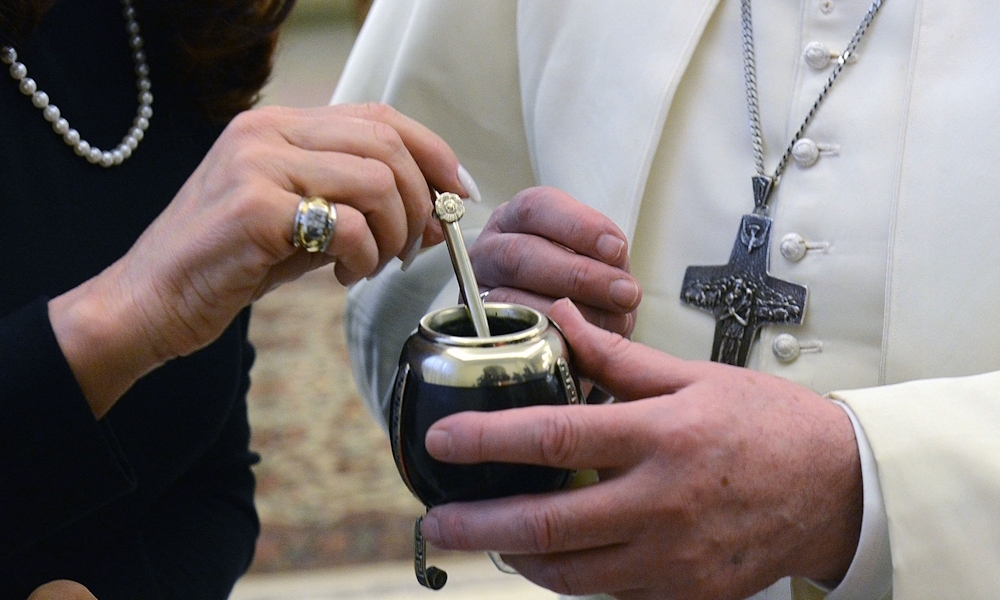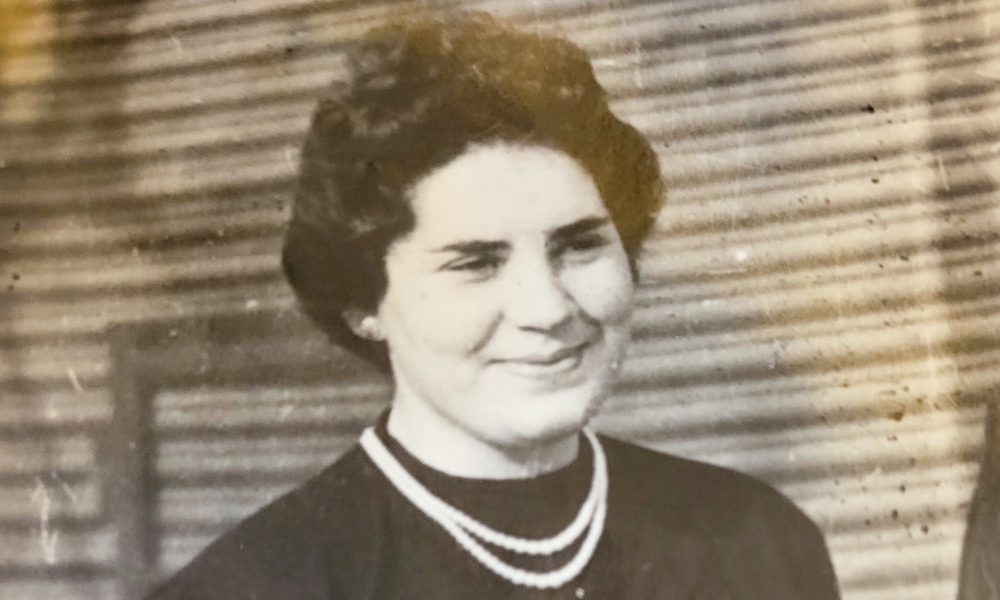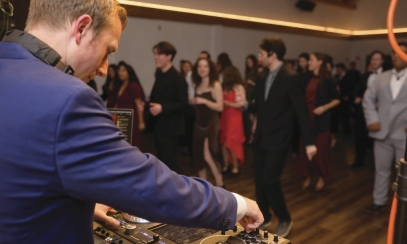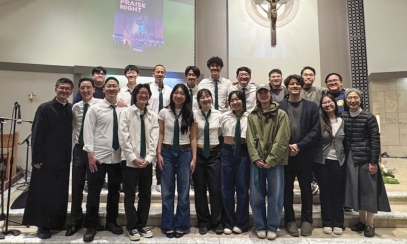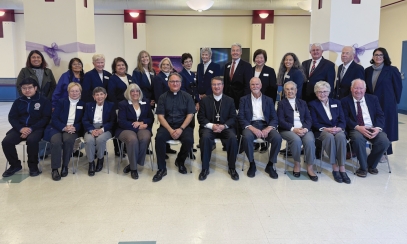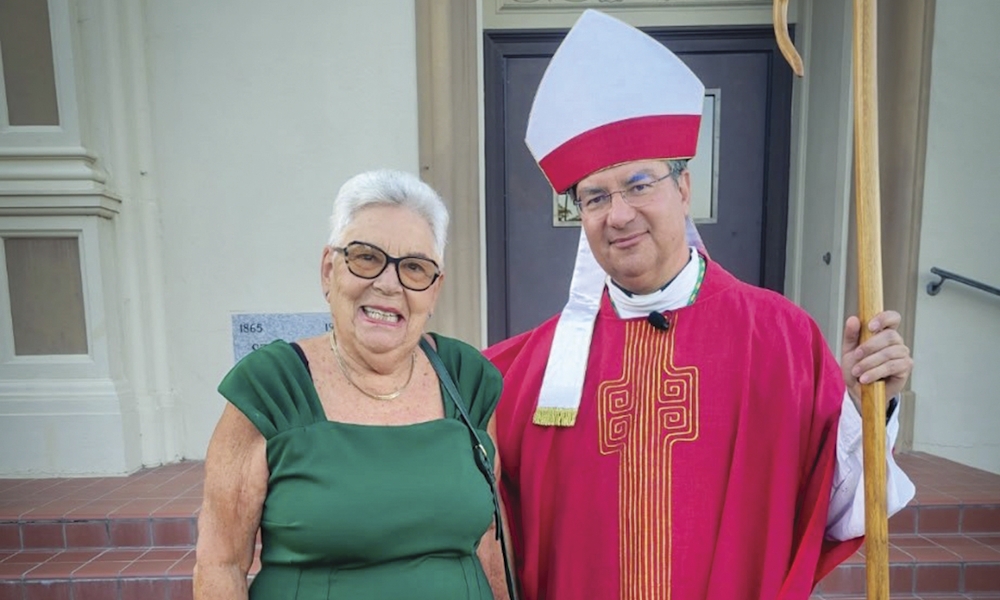
Pope Francis, My Academic Dean
Elsa Torres remembers when Pope Francis was elected. A native of Argentina, she was living in the country in 2013 when the conclave ended. She recalled, “The people came out waving the white and yellow flag of the Vatican. I was on a main avenue in Buenos Aires, and the traffic was completely stopped. People were kneeling and crying.” At that moment, Elsa felt that the pitch of the emotions experienced throughout the country was only matched by the church bells that rang out from every direction.
Elsa Torres remembers when Pope Francis was elected. A native of Argentina, she was living in the country in 2013 when the conclave ended. She recalled, “The people came out waving the white and yellow flag of the Vatican. I was on a main avenue in Buenos Aires, and the traffic was completely stopped. People were kneeling and crying.” At that moment, Elsa felt that the pitch of the emotions experienced throughout the country was only matched by the church bells that rang out from every direction.
"We were so happy, so overwhelmed about the news of an Argentinian pope. Imagine people coming and going and praying and laughing and so on. I never imagined a person I had known so closely would become a pope."
Elsa attended the Universidad Del Salvador in Buenos Aires in the early 1960s. During those same years, a young Jesuit, Jorge Bergoglio, was the academic dean of the Humanities department. That he might have been directly involved in approving her courses, and that she saw him as a young man briskly walking across campus in his cassock, is something that will stay with Elsa forever.
Like many Argentinians, Elsa remembers other things about the Pope that predate his pontificate. For instance, during Argentina’s war from 1975 to 1983, Father Jorge Bergoglio stepped forward to work directly with the poor and marginalized at great risk to himself. He then became archbishop of Buenos Aires in 1998 and was elevated to cardinal in 2001 by Pope Saint John Paul II. "I heard he was doing great and extraordinary things for the poor in the impoverished areas,” Elsa shared. Pope Francis’s humble service and willingness to work with the most vulnerable are what Elsa feels she will remember the most about him.
“To me, he was the person who most represented God’s love. He was so humble, still wearing shoes he had brought from Argentina. He died with only 100 dollars in his bank account, even when his salary was 300,000 euros per year." Similar stories about Pope Francis are circulating in the mass media, including how he was buried in his humble brown shoes, donated his papal salary to various causes, and gifted the famed “popemobile” for fundraising efforts in Gaza.
Elsa explained what this means to her personally: “Pope Francis made me believe that we do not need extra things. It made me feel day by day that clothing does not make the person, that the things we have are not our identity. It is in having God that we have ourselves. In the last 10 years, I have realized this more than before: that having more and more things does not make you a better person.”
Now in her 80s, it is a lesson that also lends itself to a metaphor that she feels best represents Pope Francis: that of the traditional loose leaf yerba mate or mate tea.Argentinians consume mate through a special straw. To Elsa, this is the perfect metaphor for Pope Francis, as she explains, “When you drink mate, it is a portable drink that can be shared. Pope Francis lived sharing whatever he had with others. Also, when you share a mate tea with someone, it is impossible to be their enemy. You are brothers and sisters sipping from the same cup. This was Pope Francis. He saw everyone as his brothers and sisters and gave everything away. He was an example of God’s love in all he accomplished.”
Elsa Torres is a lawyer from Argentina. Her parish is Saint Nicholas and Saint William.

